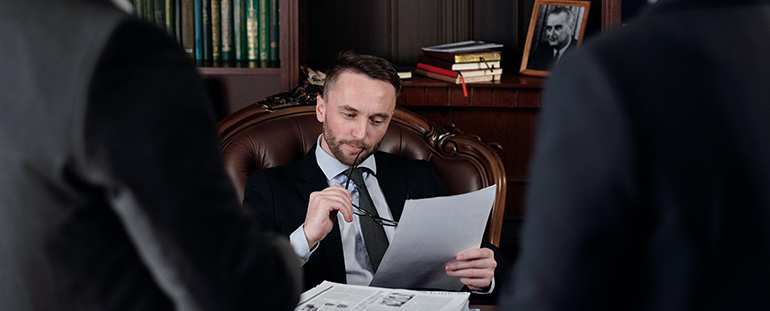
By David Majchrzak and Edward McIntyre
20.2.3 In the Matter of DEAN EDWARD SMART (2020) 2020 Calif. Op. LEXIS 8, Case No. 17-C-03687 – Review Department of the State Bar Court (April 10, 2020)
Issue:
Do two felony convictions, one for assault with force likely to produce great bodily injury and the other for discharging a firearm with gross negligence, involve moral turpitude?
Analysis:
Yes. Smart, a California lawyer who moved to Texas, returned to California to try a case. An admitted alcoholic, he drank the equivalent of four bottles of wine between 5:30 p.m. and midnight, and got into a violent fight with a message service employee and her driver/security guard, during which he fired a gun. The bullet penetrated a neighbor’s garage door and lodged into a piece of wood.
Charged with six felonies and two enhancements, Smart pleaded guilty to two. The Review Department placed him on interim suspension and referred the case to the Hearing Department to determine whether the facts and circumstances of his convictions involved moral turpitude or other misconduct warranting discipline. The Hearing Department found moral turpitude and recommended disbarment. The Review Department agreed to both findings.
Although evidence was disputed, the Hearing Department judge was in the best position to determine credibility of witnesses. The Review Department found Smart’s conduct violent and excessive. Further, his discharge of the gun in a residential neighborhood to “teach [the message service employee and her driver/security guard] a lesson” lacked respect for the law. Hence, Smart’s conduct involved moral turpitude. The court took into account Smart’s effort to overcome his alcoholism, but concluded that he had not fully rehabilitated himself and must do so before he can be reinstated. It upheld the disbarment recommendation.
Notes:
The standards were revised on July 1, 2019 to provide that summary disbarment is the sanction for a final felony conviction in which, inter alia, the facts and circumstances of the offense involved moral turpitude. Based on revisions to Business and Professions Code section 6102, subdivision (c), which is not retroactive, the Review Department applied the standard in effect at the time of Smart’s misconduct: disbarment “unless the most compelling mitigating circumstances clearly predominate.”
David Majchrzak and Edward McIntyre are co-editors of Ethics Quarterly.